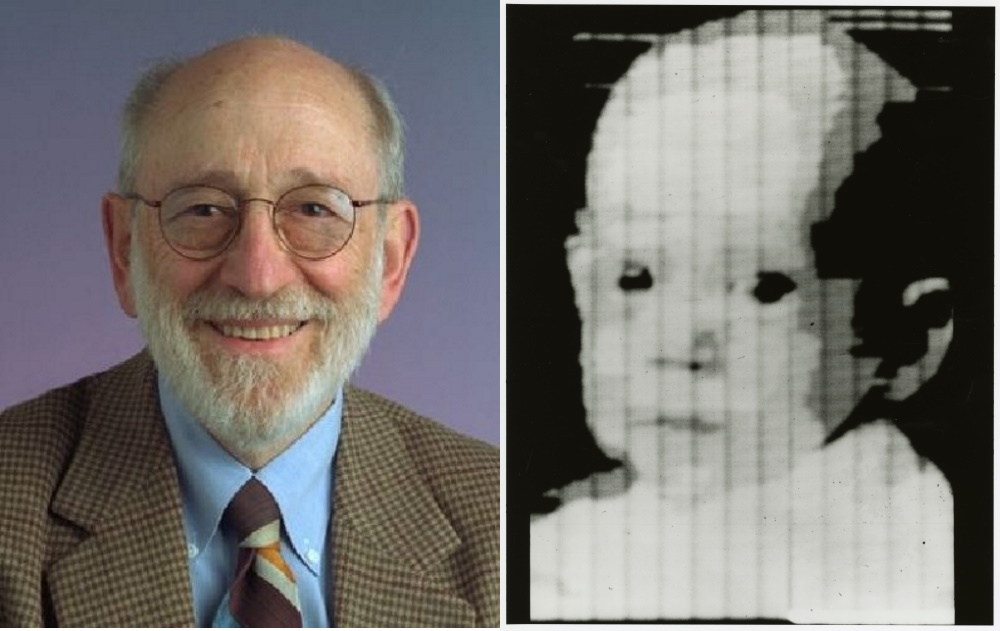In the ever-evolving digital landscape, few figures have had as profound an impact as Russell Kirsch. The digital imaging pioneer, who passed away recently at the age of 91, constructed the very foundation upon which our modern understanding of photography rests. His groundbreaking work not only initiated the development of the first scanned digital image but also propelled the concept of pixels into the mainstream, forever changing the way we perceive and capture visuals.
The Early Years: A Journey of Discovery
Born in 1929 to Russian and Hungarian immigrant parents, Kirsch’s academic journey led him through the hallowed halls of New York University, Harvard, and MIT. This diverse educational background endowed him with the tools to tackle complex problems in computer science and imaging technology. He ultimately found his calling at the National Bureau of Standards, which later became part of the National Institutes of Standards and Technology. Kirsch dedicated the majority of his career to this institution, where he delved into the nascent fields of digital imaging and artificial intelligence.
The Birth of Digital Imaging
In 1957, Kirsch executed a remarkable feat that would go down in history as the genesis of digital photography. Using a rotating drum and a photomultiplier to capture images, Kirsch and his team achieved what had never been done before: they scanned an image and converted it into a digital format. By employing a mask with pierced intervals—precursors to today’s pixels—they were able to measure reflectivity and store the image on one of the earliest programmable computers, SEAC.
What was this first digital image that made history? It was a touching representation: a grayscale photograph of Kirsch’s three-month-old son, Walden. The low resolution of 179 by 179 pixels may appear primitive today, but it was revolutionary at that time, heralding a new era of imaging technology.
Catalyst for Change
The ripples from Kirsch’s pioneering efforts extended far beyond his individual projects. His work laid the groundwork for subsequent technologies and methodologies governing digital imaging, influencing generations of computer scientists. The algorithms and compression techniques that emerged from Kirsch’s research formed the backbone of digital photography, enabling users to store, edit, and share images seamlessly.
A Lasting Legacy
Kirsch’s contributions didn’t cease with retirement; he continued to innovate, conceptualizing adaptive pixels for improved image clarity at lower resolutions. While technological advancements have addressed many of the challenges he sought to overcome, Kirsch’s pioneering spirit remains a beacon in the field of artificial intelligence.
Beyond the technical realm, Kirsch was a man of many talents. He enjoyed the outdoors as a climber, traveled extensively, and expressed himself artistically, revealing a multi-faceted personality that undoubtedly enriched his research endeavors.
Conclusion: A Life Well-Lived and Remembered
Russell Kirsch’s passing marks the end of an era in digital imaging, but his enduring legacy will undoubtedly continue to inspire future generations. As we push further into an increasingly digital age, it’s crucial to remember the visionaries whose groundbreaking work paved the way for what we often take for granted today. Kirsch’s combination of technical expertise and artistic sensibility sets a standard for the pursuit of innovation.
At fxis.ai, we believe that such advancements are crucial for the future of AI, as they enable more comprehensive and effective solutions. Our team is continually exploring new methodologies to push the envelope in artificial intelligence, ensuring that our clients benefit from the latest technological innovations.
For more insights, updates, or to collaborate on AI development projects, stay connected with fxis.ai.

